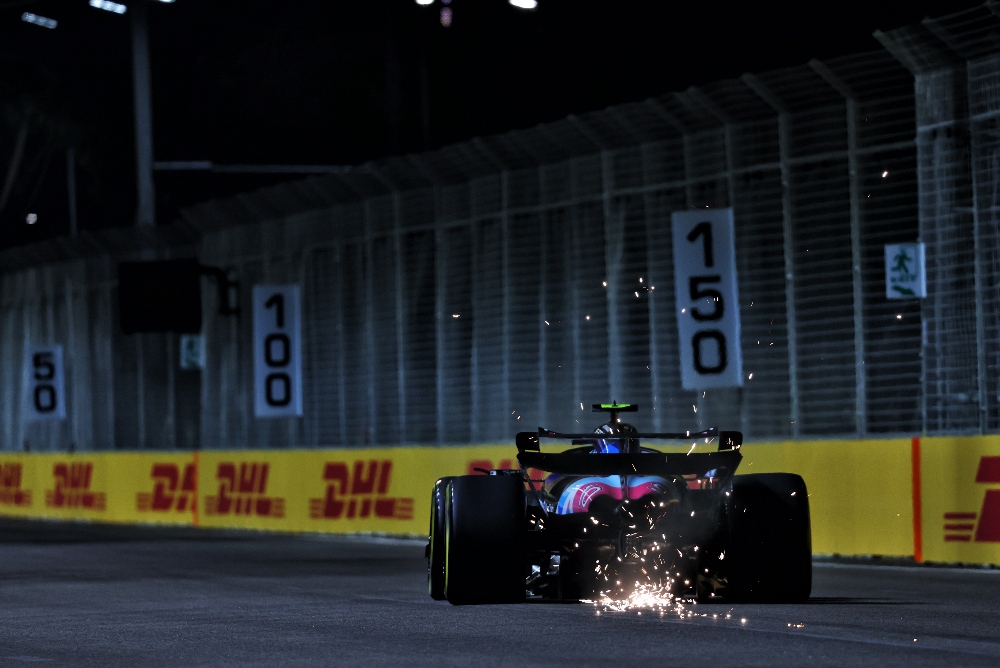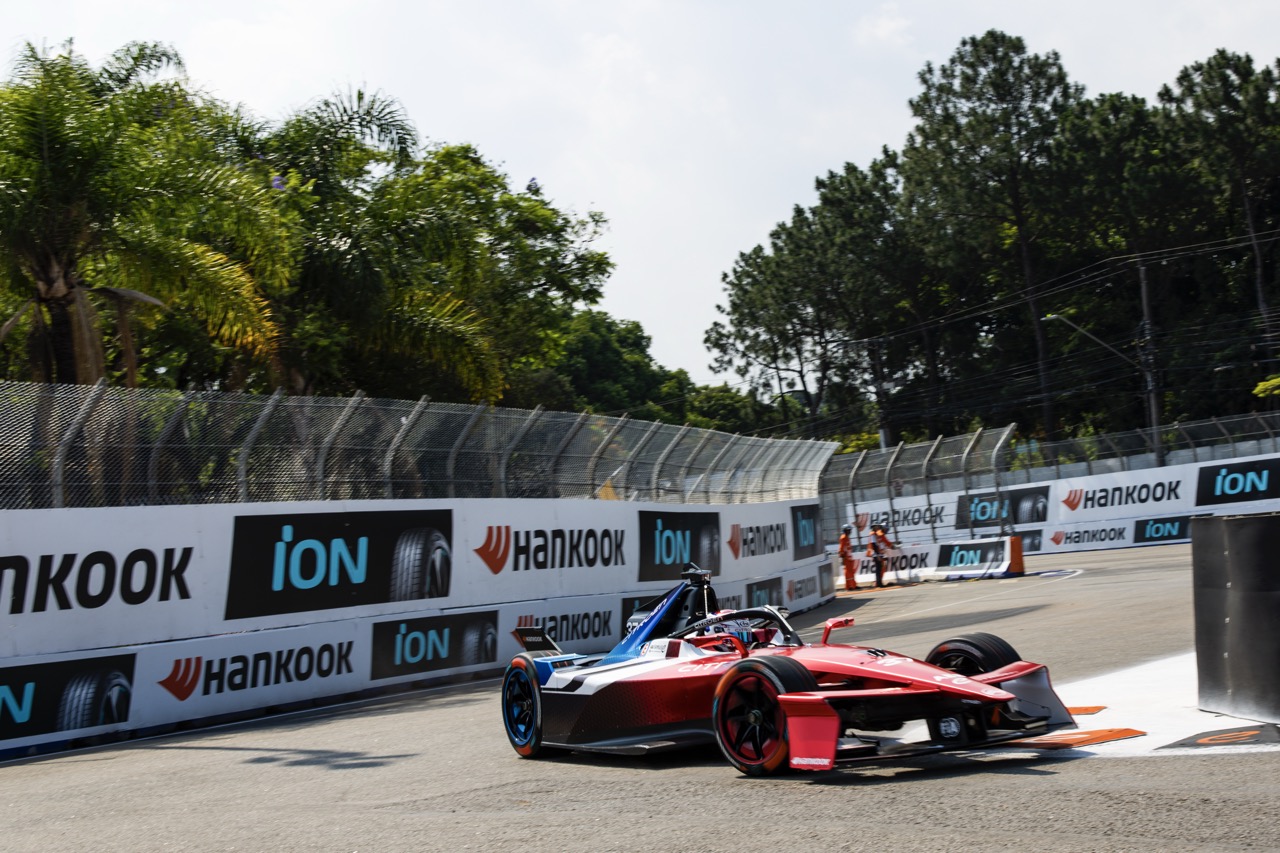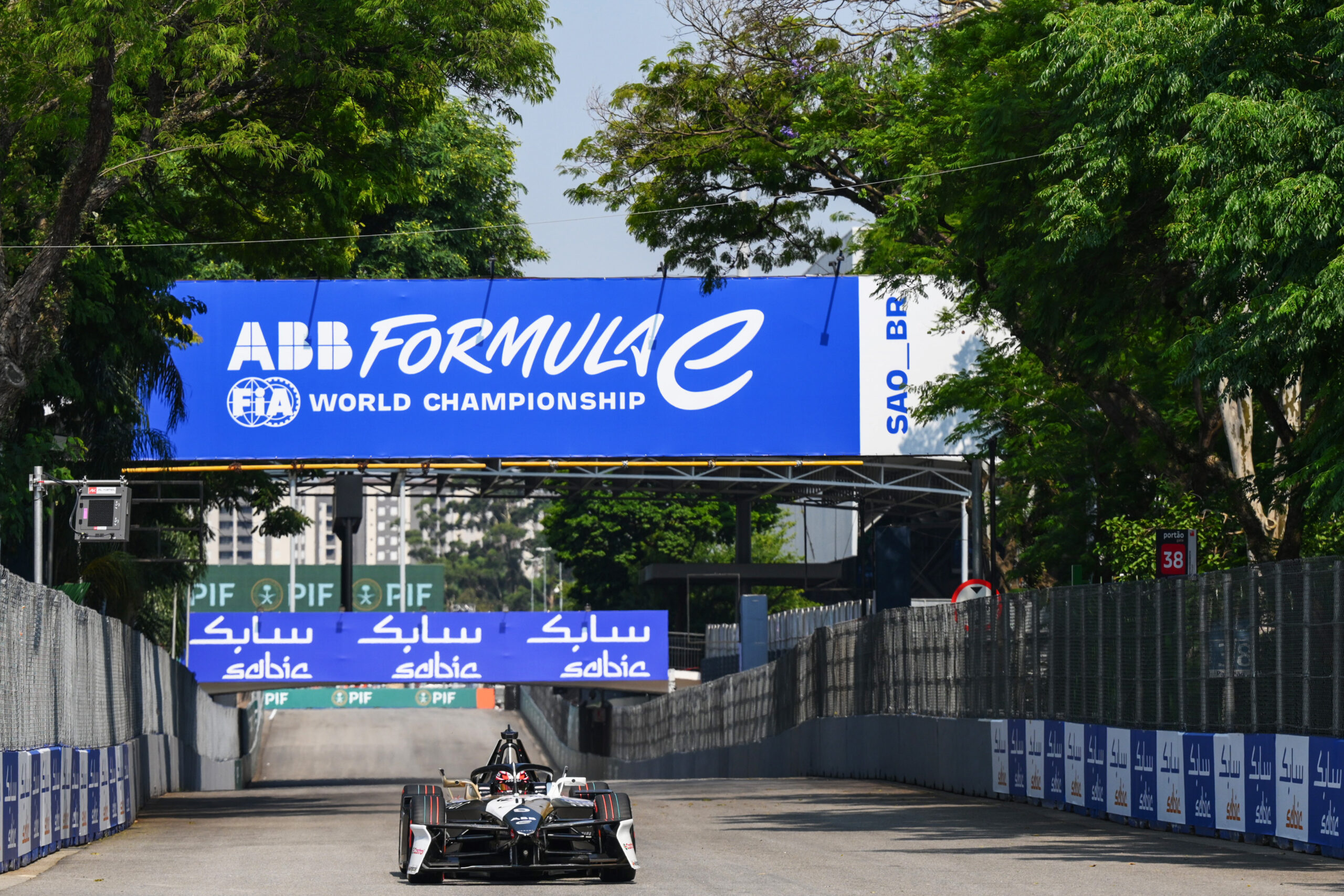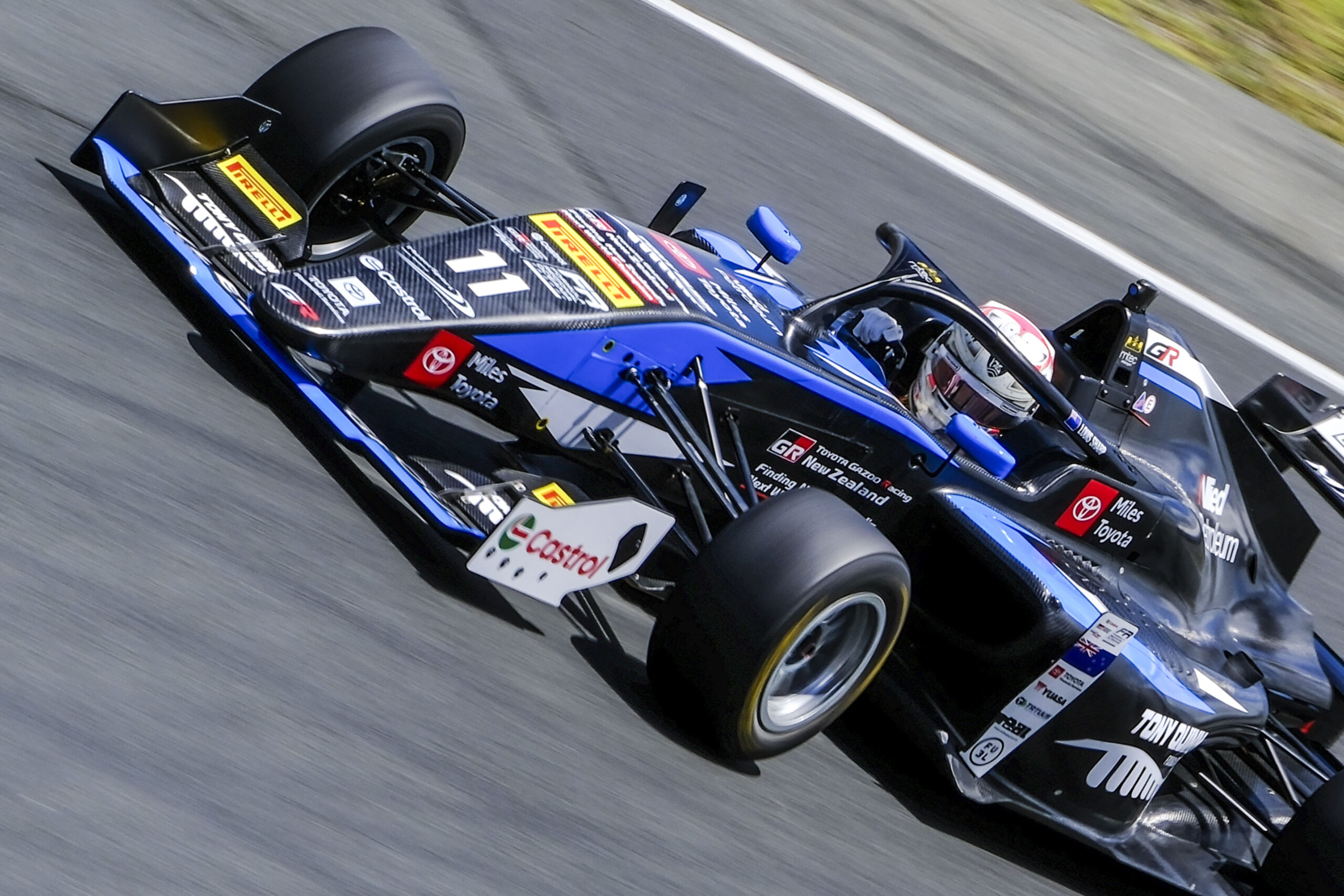Ahead of the new engine regulations for 2026, Alpine F1 Team, who were historically known as Renault have pulled the plug on the development of their own engine.
Instead the team will switch over to Mercedes engines when the new regs are introduced, something that has been met with severe backlash by those who were part of the engine development in the Viry-Chatillon factory.
It has come to a breaking point for the French team as the CSE, Social and Economic Committee of the Alpine engine subsidiary, have released a statement calling for help from the authorities to help their campaign.
“We call on the public authorities to defend the sustainability of employment on the Viry-Chatillon site.”
The redesigned power unit for 26’ will feature an increased battery power and even split between internal combustion engine and electric power as well as the use of 100% sustainable fuels.
Renault boast some incredible achievements, they are the second most successful engine manufacturer in Formula One history with 12 constructors championships, only behind the might of Ferrari who have 16.
However, unlike their Italian colleagues, ever since the introduction of the turbo hybrid rules in 2014, the Renault engine has been largely uncompetitive and was what led to them being dropped by Red Bull in 2018, the same team who they had dominated with only a few years prior.
Even in the face of adversity, workers from the Viry factory have continued to work on a Renault engine that appears to be obsolete. Workers from the factory even gone to lengths such as turning up to Monza for the Italian Grand Prix, in the stands, to protest the axe of their F1 engine project.
“Despite the turmoil of the last two months, the Viry team has continued to develop the power of the 2026 engine that Alpine is depriving itself of. This decision against the tide causes Alpine to miss out on its sporting history.
The CSE fought hard to persuade Renault CEO Luca de Meo to keep the project running, citing a loss of jobs as one of the many negative effects of this decision.
There is concerns among the group that the Viry-Chatillon site will go from 500 to 334 jobs on the 1st of January. This would force over 100 people out of a job as well as a loss of ‘critical skills’ that would ultimately hinder them from rejoining as an engine manufacturer down the line.
“The history of the Viry site shows that conflicting decisions have often been taken, and demonstrates the importance of maintaining highly qualified skills for the future in order to leave the door open to a return to F1 when the regulations and the financial context of the shareholder make it more attractive.”
The CSE statement deduced that “the lack of maturity of the projects brought forward and the loss of confidence in management pose a major risk of critical skills leaving the Viry site”.
Whilst the future for the Viry site may not include a Formula One project, the decision has allowed a transformation into the Alpine Hypertech division, which will work on the group’s World Endurance Championship and supercar programmes.





